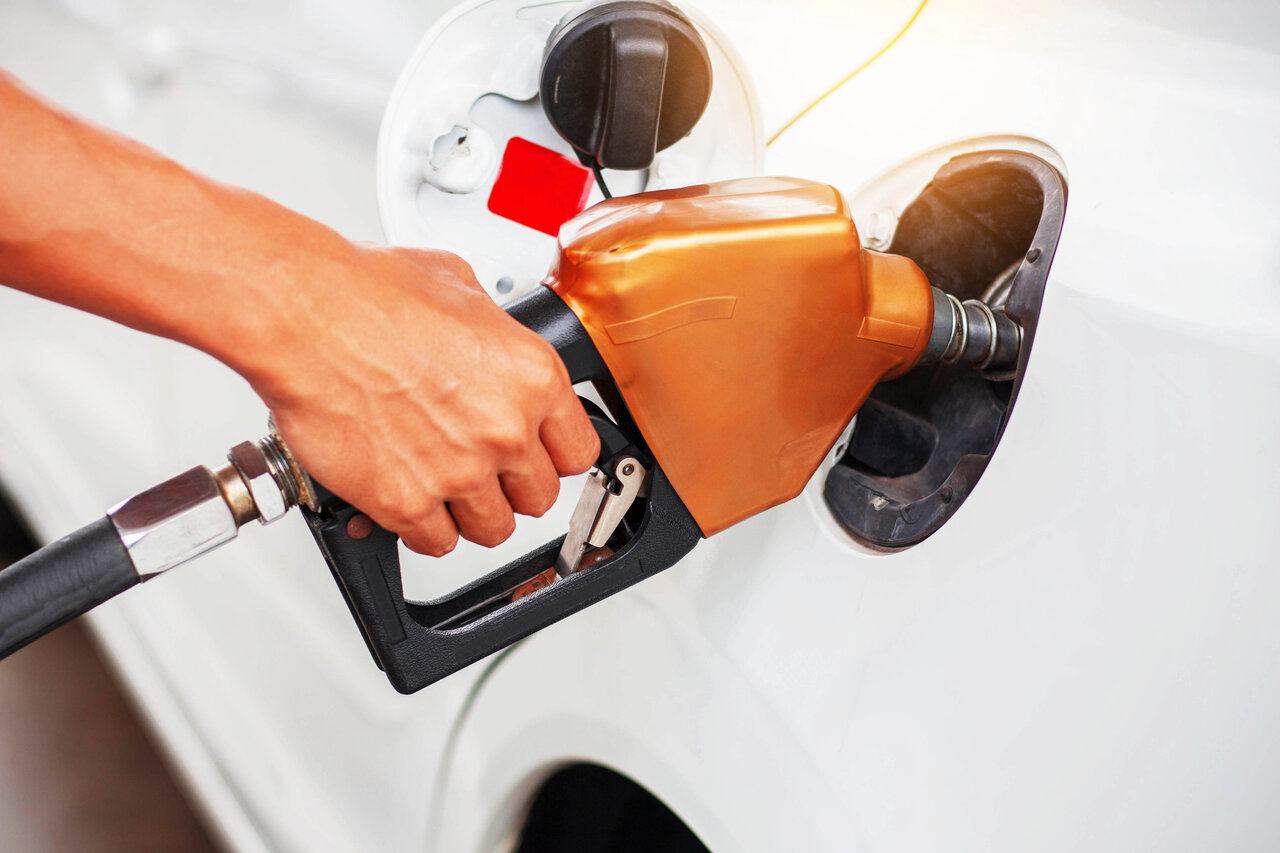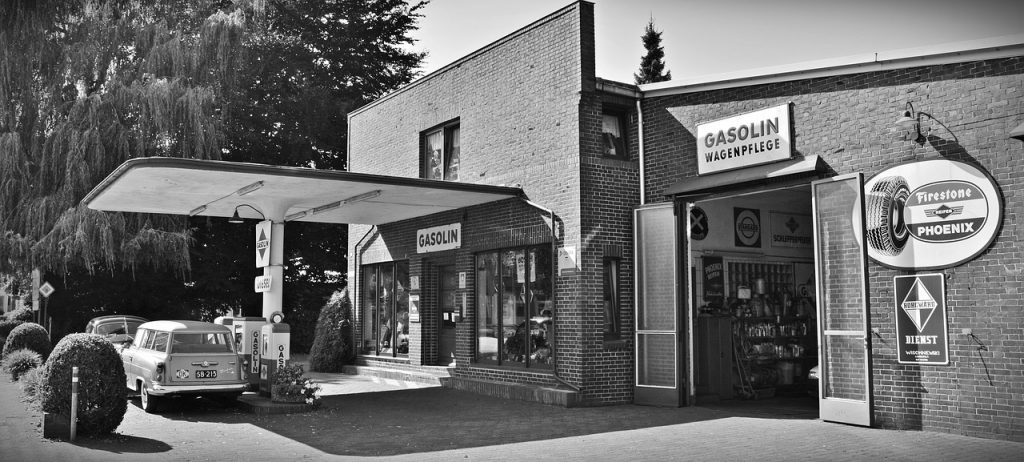Engine fuel is the lifeblood of any car or vehicle, and contamination can significantly impact the car’s performance. Fuel contamination is a common problem, and it can occur for various reasons, such as water, dirt, rust, and microbes.
The contaminated fuel can cause multiple problems in the engine and fuel system, leading to poor performance, reduced efficiency, and even engine failure. In this article, we will discuss the three ways contaminated engine fuel can affect your car’s performance and what you can do to prevent it.
Poor Engine Performance
The contaminated fuel can lead to poor engine performance, which can be noticed in various ways. The first symptom of contamination is when the engine may struggle to start and take longer than usual to warm up.
A contaminated car fuel can also cause the engine to misfire, which can cause a rough idle, poor acceleration, and reduced power output. Misfiring can also lead to damage to the engine and other components.
Another symptom of poor engine performance due to contaminated fuel is increased emissions. The contaminated fuel can cause incomplete combustion, leading to an increase in exhaust emissions.
The exhaust system can become clogged due to soot accumulation and other contaminants, reducing gas flow and increasing back pressure. This can cause a decrease in the engine’s power output and can lead to various engine problems.
Reduced Fuel Efficiency
The contaminated fuel can cause the fuel injectors to clog, reducing fuel flow. This can cause the engine to run rich, which means it is burning more fuel than necessary. This can also cause the fuel system to become dirty, which makes the pump work harder than usual, leading to increased fuel consumption.
Engine Failure
The contaminants in the fuel can cause the engine components to wear out faster than usual, leading to premature engine failure. They can cause the engine to run lean, resulting in overheating and damaging the engine components.
What Preventive Measures Should You Take?
One of the most effective ways to prevent fuel contamination is to purchase car fuel from a reputable source. Reputable stations typically have better filtration systems, which can remove contaminants from the fuel.
Another way to prevent fuel contamination is to use fuel additives. Fuel additives can help to clean the fuel system and prevent the buildup of contaminants. The fuel additives can also prevent corrosion and damage to the fuel system components.
Draining contaminated fuel is also an important step in maintaining the health of a vehicle’s fuel system. After the fuel system is drained, the vehicle should be restarted and checked for any further signs of contamination. If any are found, the fuel system should be drained and replaced again.
Regular maintenance can also help to prevent fuel contamination. Regular maintenance includes changing the fuel filter, cleaning the fuel injectors, and inspecting the fuel system for leaks and damage. This can help to detect and fix any issues before they cause significant damage to the engine and fuel system.
Conclusion
Contaminated car fuel is a serious issue that needs to be addressed. If you suspect that your car has been running on contaminated fuel, it is essential to have it checked by a qualified mechanic as soon as possible.
Taking the necessary steps to prevent contamination in the first place can also help to ensure that your car is running on clean fuel and will prevent costly repairs in the future.
For prompt and dependable contaminated fuel cleanup services, get in touch with Fuel Fixer right away. To help you safely re-enter the road, our team of professionals is on call around the clock. Avoid putting your car in danger of pricey repairs or damage. Call us immediately at 0333 366 1081, and we’ll handle the issue.

